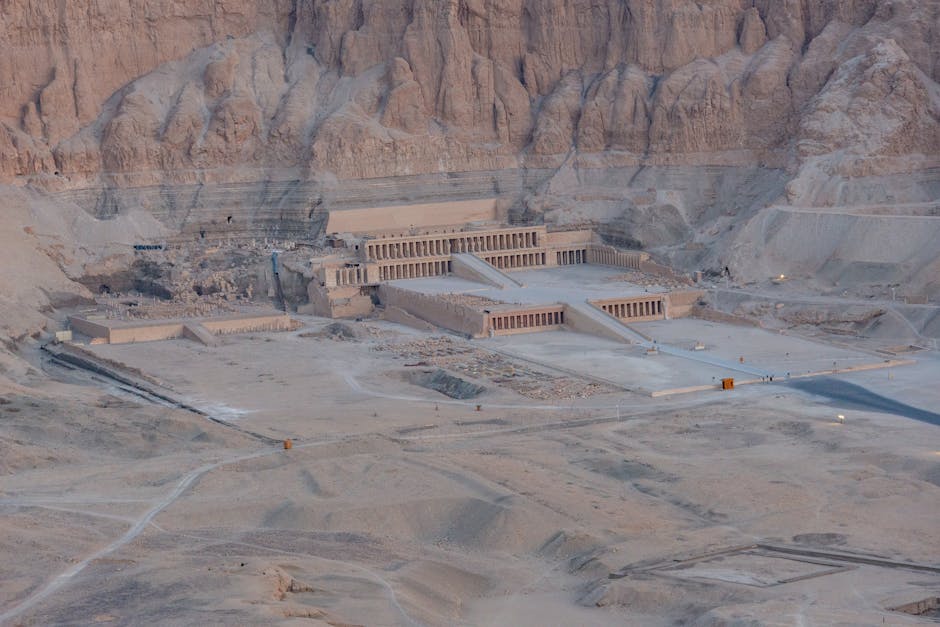Early historical accounts often relied heavily on oral traditions and the written records of elites. Ancient chronicles, religious texts, and royal inscriptions provided the primary sources for understanding past events. These narratives frequently presented a highly selective and often biased view of the past, focusing on the accomplishments of rulers, the details of significant battles, or the pronouncements of religious authorities. Common people, women, and marginalized groups largely remained invisible or relegated to secondary roles within these narratives. For example, ancient Greek historiography, while pioneering in its systematic approach, tended to celebrate the achievements of the polis and often minimized the contributions of other cultures. Similarly, medieval chronicles were frequently colored by religious convictions and presented a largely Eurocentric worldview.
The Enlightenment ushered in a new era of historical inquiry, emphasizing reason, empirical evidence, and critical analysis. Historians began to challenge established narratives, scrutinizing sources for biases and inconsistencies. The rise of philology and the development of more sophisticated textual criticism allowed for a more nuanced understanding of primary sources. This period saw a growing emphasis on verifiable facts and a systematic approach to historical research, laying the groundwork for modern historical scholarship. However, even during this period of “scientific” history, certain biases persisted. For example, colonial narratives often justified imperial expansion by portraying colonized peoples as backward or uncivilized, selectively highlighting aspects of their cultures that supported this view.
The 19th and 20th centuries witnessed a proliferation of new historical methodologies and theoretical frameworks, leading to profound shifts in historical narratives. The rise of social history broadened the scope of historical inquiry, exploring the lives and experiences of ordinary people. This involved utilizing a wider range of sources, including demographic data, personal letters, diaries, and oral histories, providing a richer and more comprehensive understanding of the past. For example, the study of family structures, labor relations, and popular culture expanded our knowledge beyond the actions of elites and the narratives surrounding political and military events.
Archaeology, initially viewed as a supplementary discipline to history, played an increasingly crucial role in shaping historical understanding. Archaeological excavations provided tangible evidence of past lives and societies, challenging or confirming existing historical accounts. The development of scientific dating techniques, such as radiocarbon dating and thermoluminescence, revolutionized the ability to chronologically order past events and artifacts. Furthermore, the application of scientific methods to the analysis of artifacts, such as residue analysis and isotopic studies, provided insights into the diet, health, and environment of past populations, often contradicting existing historical assumptions.
The latter half of the 20th century saw the emergence of post-structuralism and post-colonial theories, which fundamentally challenged traditional notions of objectivity in historical writing. These perspectives emphasized the inherent subjectivity of historical interpretation, highlighting the role of power relations and cultural biases in shaping historical narratives. Historians began to question the very notion of a singular, objective truth about the past, acknowledging the multiplicity of perspectives and interpretations. Post-colonial historians, in particular, critiqued the Eurocentric biases inherent in traditional historical accounts, demanding a more inclusive and representative portrayal of the past, giving voice to marginalized communities and challenging dominant narratives of progress and civilization.
Gender history emerged as a significant subfield, challenging the patriarchal biases embedded in traditional historical accounts. By focusing on the lives and experiences of women, gender historians have revealed the often-hidden contributions of women to societies throughout history. This involved re-examining existing sources with a critical eye towards gender roles and power dynamics and uncovering new sources, such as women’s diaries and letters, to reveal previously untold stories. Similar shifts occurred in the study of race, class, and sexuality, demonstrating how intersecting social identities shape individual experiences and contribute to broader historical patterns.
The digital revolution has further transformed historical scholarship. Digital archives, online databases, and sophisticated analytical tools provide unprecedented access to sources and facilitate new forms of historical analysis. Digital humanities approaches allow for the exploration of large datasets, the visualization of complex historical patterns, and the creation of innovative forms of historical storytelling. However, the digital age also presents new challenges, including issues of data bias, digital preservation, and accessibility.
In conclusion, the evolution of historical narratives reveals a fascinating interplay between new discoveries, theoretical advancements, and evolving social values. From the primarily elite-focused chronicles of antiquity to the inclusive and multifaceted interpretations of the present day, the way we understand and represent the past has undergone a profound transformation. This continuous process of reinterpretation is vital for understanding not only the past itself, but also our own present and how our understanding of the past shapes our present actions and future trajectories. The ongoing evolution of historical and archaeological methodologies ensures that historical narratives will continue to evolve, reflecting a more complete and nuanced understanding of the human experience throughout time.
